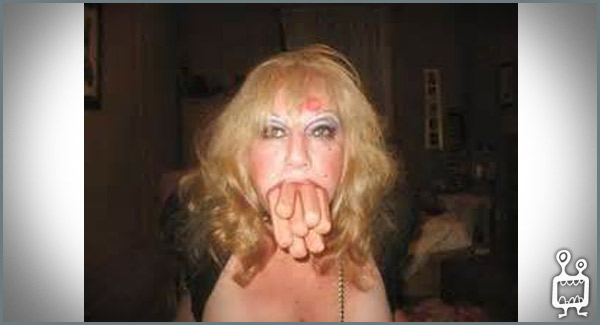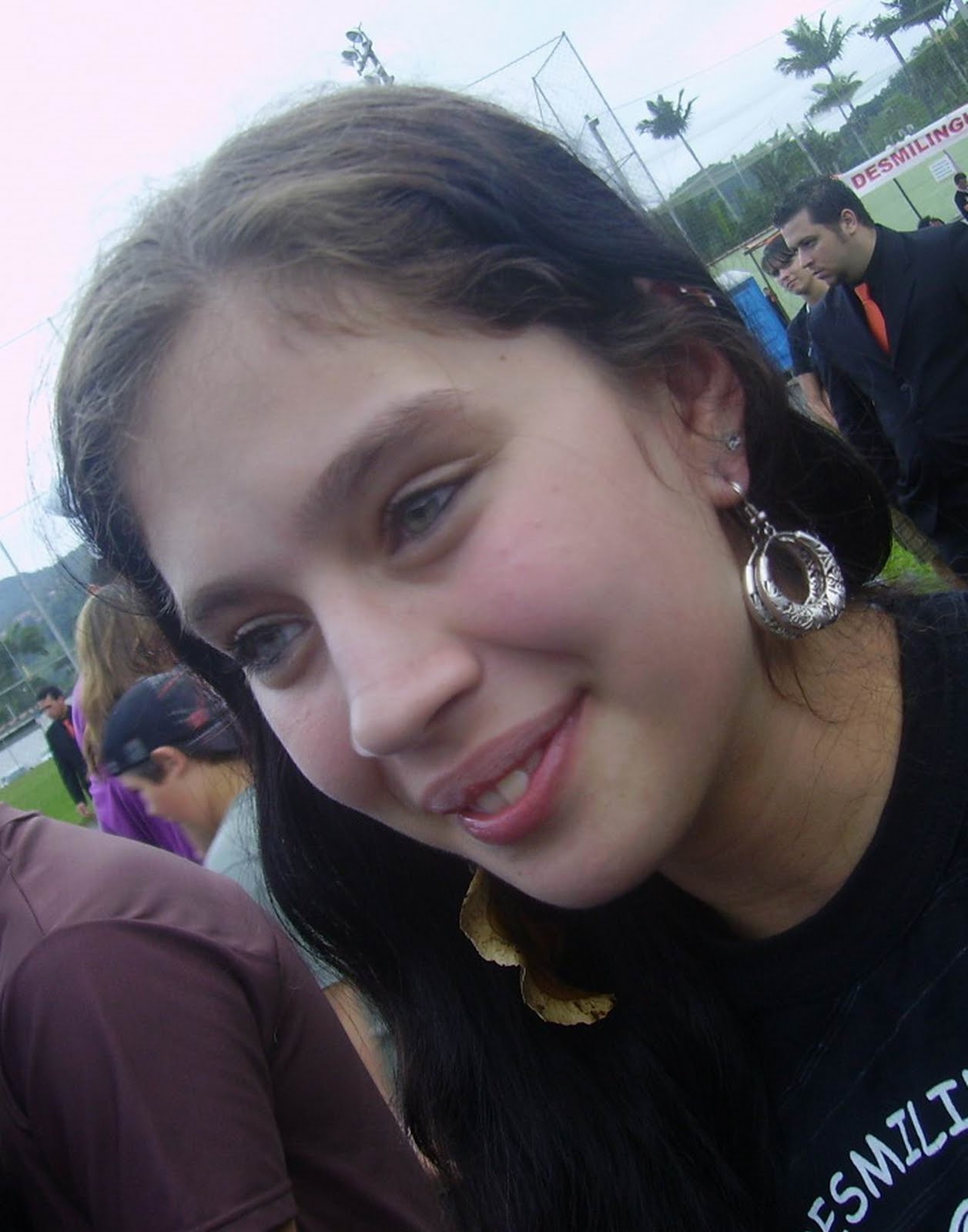

suspension bushings most likely wouldn't release with the release of the brake pedal. The shifting jerky around town sounds familar.
MOSTRECENT GAY BJ PORN DRIVER
The driver would put the vehicle in reverse, and on high idle, the car would begin rapid acceleration backwards, throwing the driver's weight against the accelerator.yours might be damaged (rubber insides shot).

The problem with the Audi came about because those vehicles (and others) didn't require the brake pedal to be applied to take the vehicle out of gear. If somehow the TCC was engaging while at idle in gear the car should lurch forward against the brakes (you do have the parking brake. Provided everything in the trans is built correctly you shouldnt have TCC (torque conv clutch) lock up capabilities in 1st gear which is what the trans should be in when at a stand still. In rear-wheel-drive vehicles, a faulty U-Joint (Universal Joint) will also let your vehicle roll even after your shifter is in Park position.Roanoke, VA.

Do a search for clunk or driveshaft slip yoke.If you notice your vehicle moving backward or forward more than a couple of inches after putting your shifter at "P" park, your parking pawl could be significantly damaged. A fairly common problem that many have described as a clunk or thump or bump in the rear. Another possible cause for the lurch forward described here is binding in the driveshaft slip yoke. Any small pressure on the pedal has the car lurch forward about 1+ feet, which makes it hard when you have ~1 foot at the rear and front to work with before hitting a wall or a garage door. Well, when manually trying to park inside the vehicle there is no soft movement forward.I have driven the 2003 car in exactly the same way over the same commuting journey. Now for the comparison with my 2001 s-type - no problem with brake pad / disc wear, the car went beyond 30K without reports of wear. Seems to work fine still, but the feel of the brake is sloppy and not in line with a performance oriented car.I find this totally unreasonable.

Since then, the brake pedal clicks when actuated and the brakes engage further down in the pedal stroke. After stopping, if you just press the 'Start' button the car will apply both the transmission brake and the parking brake, as well as turning off the car voila!During week two, with 306 miles, I experienced a lurch forward while braking. On a downward slope the car does seem to lurch forward a bit when I just press P though.so not sure if it is actually engaging the handbrake. The dirty injector leads to your car losing power when you attempt to accelerate while at a stop and when you try to drive at a consistent speed. Dirty fuel injectors are among the most common reasons for why an accelerator becomes jerky. Maybe a cockpit video of a couple of runs with the cam pointing at the dash would help. Maybe it feels that way to you because it is bog slow below ~2500k. The car will accelerate harder after ~2500 rpm, and the higher you rev it, up to about 5000 rpm, but I wouldn't call it a lurch. One of the jobs of the springs is to lock down the axle as it tries to rotate when you apply the brakes to dissipate forward energy.
MOSTRECENT GAY BJ PORN MANUAL
The manual says to engage the parking brake, before shifting into park. I do get some roll forward/back when I am on a incline. But, then again I always have my foot on the brake when I start a car. I haven't noticed the car lurching any while starting.


 0 kommentar(er)
0 kommentar(er)
